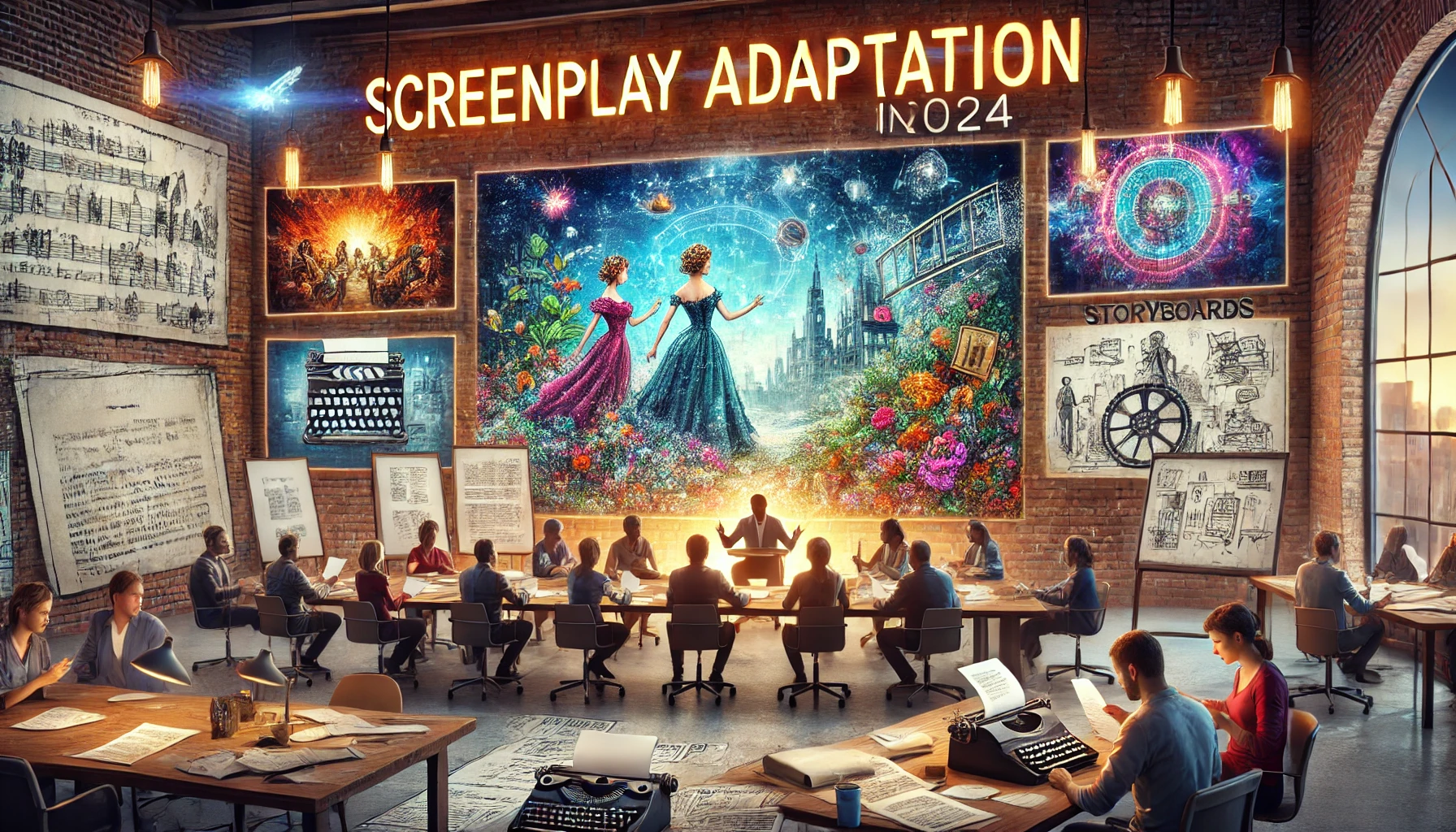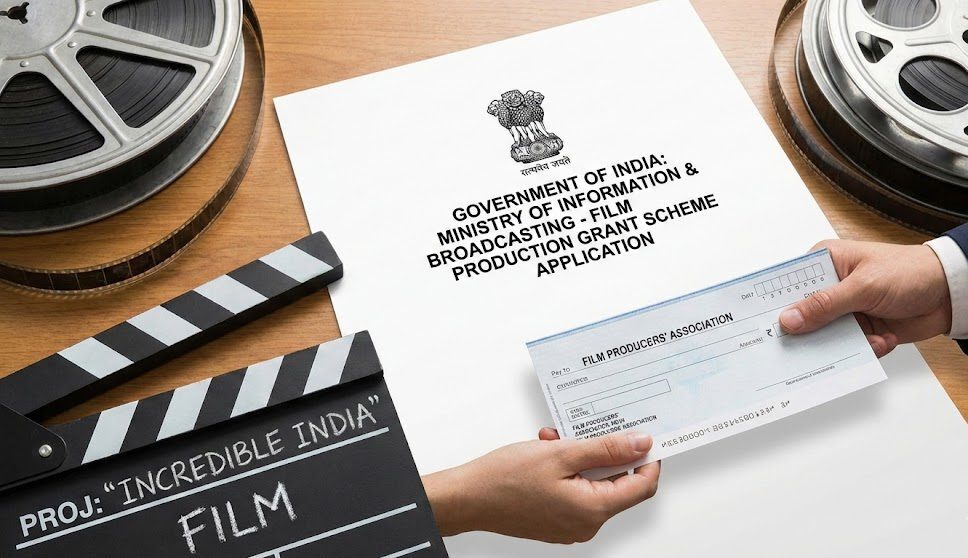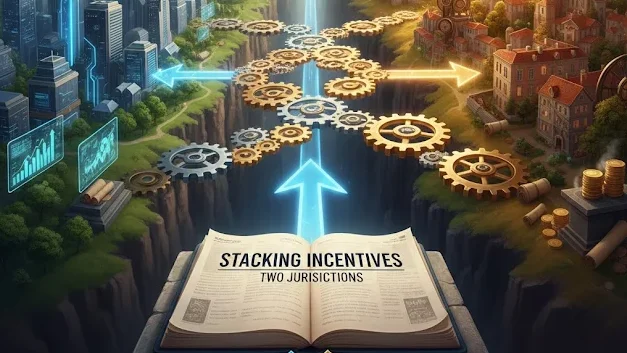Screenplay adaptation is a crucial step in the entertainment supply chain, turning written stories into visual media. Vitrina helps connect buyers and sellers in this space, ensuring that those looking for content or offering adaptation services can find the right partners globally. This article dives into everything related to screenplay adaptation, exploring the process, legal considerations, best practices, and industry trends.
Introduction
In today’s fast-evolving entertainment industry, screenplay adaptation plays a major role in shaping content for global audiences. Whether it’s adapting books, comics, or other materials, the demand for skilled adaptation services is growing.
For members of the Vitrina Business Network (VBN), understanding screenplay adaptation is critical. Whether you’re a content buyer looking for the next blockbuster, or a service provider specializing in adaptation, this article is designed to provide clear insights into the screenplay adaptation process.
Key Takeaways
| Topic | Summary |
| Screenplay Adaptation Basics | Definition and process overview |
| Challenges and Pitfalls | Common obstacles to successful adaptations |
| Legal Aspects | Intellectual property and rights issues |
| Industry Trends | Key adaptation trends, especially for streaming platforms |
| Opportunities with Vitrina | How Vitrina helps buyers and service providers find adaptation partners |
Understanding Screenplay Adaptation
What is Screenplay Adaptation?
Screenplay adaptation refers to the process of converting existing works like novels, comics, or short stories into scripts for films or television. The goal is to take the essence of the source material and reshape it for the screen while keeping the story intact.
Screenplay Adaptation vs. Original Screenplay
An original screenplay is written directly for film, while an adaptation transforms an existing work. For buyers in the entertainment industry, it’s important to know the difference when scouting projects on Vitrina.
Famous Screenplay Adaptations of Novels
Many successful films, such as Harry Potter or The Lord of the Rings, are adapted from books. Content buyers using Vitrina can track successful adaptations in their genre, helping them make more informed purchasing decisions.
Need Experts for Your Book-to-Film Adaptation?

Screenplay Adaptation Process
Screenplay Adaptation Process: Step-by-Step
- Acquire Rights: The first step is securing the legal rights to adapt the source material. Without proper permissions, the adaptation can’t move forward.
- Outline the Script: Once the rights are secured, an outline is created to structure the adaptation.
- Write the First Draft: The script is written, maintaining the core elements of the original work.
- Revision: Adaptations often go through multiple rounds of revision to meet production needs.
How to Adapt a Book into a Screenplay
Adapting a book into a screenplay involves:
- Trimming unnecessary details: Books are often longer than what fits into a screenplay. Focus on what moves the plot forward.
- Focusing on dialogue: A screenplay relies heavily on spoken word, so this is where most of the book’s internal thoughts are transformed into conversation.
Challenges in Screenplay Adaptation
Adapting a story can be tricky. Producers may struggle to remain faithful to the original work while making it visually compelling. For instance, long narratives or inner monologues in novels often don’t translate well on screen.
Mistakes to Avoid in Adaptation
- Ignoring the medium: Some stories don’t adapt well to visual media. You should consider if the source material lends itself to screen adaptation.
- Overcomplicating the story: Keep the story concise. Adding unnecessary elements to the plot can confuse the audience.
Bring Your Story to Screen

Tools and Best Practices
Best Practices for Screenplay Adaptation
There are industry best practices that make adaptation smoother:
- Stick to the core of the story: Don’t lose the essence of the source material.
- Consider the visual format: Think about how the scenes will translate visually on screen.
- Collaborate closely with the original author: It’s important to involve the original creator to ensure the adaptation respects the original story.
Screenplay Adaptation Software Tools
Here are some commonly used tools in the screenplay adaptation process:
- Final Draft: A top choice for screenwriters, used by many industry professionals.
- Scrivener: Great for long-form projects like book adaptations.
- Celtx: Offers tools for writing, storyboarding, and collaboration.
Screenplay Adaptation Courses and Workshops
Learning is critical for those looking to offer adaptation services. Several courses provide valuable insights:
- MasterClass with Aaron Sorkin: Focused on scriptwriting, this is a great resource for adaptation techniques.
- Sundance Collab: An online community offering courses on screenwriting and adaptation.
Adapt Your Bestseller with Ease

Specialized Approaches in Screenplay Adaptation
Screenplay Adaptation for Indie Filmmakers
Indie filmmakers often face budget constraints. However, there are ways to adapt content while keeping costs low:
- Focus on small-scale stories: Choose stories that don’t require huge special effects.
- Work closely with the source: Staying close to the original material can save time and budget.
Screenplay Adaptation for Streaming Platforms
With the rise of streaming services like Netflix and Amazon Prime, adaptations have increased significantly. These platforms are always on the lookout for fresh content, including adaptations of short stories or lesser-known books.
Adapting Comic Books into Screenplays
The comic book industry has seen a surge in adaptations, with successful franchises like Marvel and DC dominating the box office. Comic adaptations are especially attractive to streaming platforms, which want high-concept, visually compelling stories.
Legal and Financial Aspects
Legal Aspects of Screenplay Adaptation
Legal issues surrounding intellectual property are central to adaptation. Content buyers must secure rights to adapt a book or comic legally. Without the proper legal framework, an adaptation can face lawsuits, leading to costly delays or even cancellation.
How Much Does a Screenplay Adaptation Cost?
Adaptation costs can vary greatly:
- Securing rights: Can range from a few thousand dollars to millions, depending on the popularity of the original work.
- Writing fees: Writers specializing in adaptation usually charge premium rates.
For companies using Vitrina, knowing the cost upfront can help buyers make smarter decisions when seeking adaptation services.
Hiring a Professional for Screenplay Adaptation
While some production houses prefer in-house adaptation, others hire specialists. Vitrina’s network can connect buyers to expert screenwriters or production houses with proven adaptation experience.
Pitching and Marketing Adaptations
How to Pitch a Screenplay Adaptation
For distributors and producers, pitching adaptations requires:
- A strong understanding of the source material: Know the story inside and out.
- Visual aids: Storyboards or visual concepts help potential buyers see how the adaptation will look on screen.
Screenplay Adaptation Services for Authors
Many authors are looking to turn their works into films. Offering adaptation services to self-published authors can open new business avenues for production companies on Vitrina.
Industry Trends and Recognition
Screenplay Adaptation Trends in 2024
Looking ahead, key trends include:
- AI-driven adaptations: Tools like Generative AI are starting to play a role in early-stage adaptation.
- Focus on diverse stories: Adaptations from underrepresented voices are increasingly in demand.
Screenplay Adaptation Awards and Recognition
Awards like the Academy Award for Best Adapted Screenplay showcase the best in adaptation. Winning such an award boosts the credibility of both the production house and the original author.
Screenplay Adaptation Tips from Industry Experts
Experts recommend:
- Know the source material: Truly understand the heart of the story.
- Balance creative freedom with fidelity: Adaptations should innovate while staying true to the original.
Conclusion
Screenplay adaptation is an essential process that brings beloved stories from the page to the screen. For Vitrina’s audience, whether you’re a content buyer scouting for the next big adaptation or a production house offering specialized services, understanding this process and the evolving trends is key to success.
From securing rights to delivering a compelling visual narrative, screenplay adaptation requires balancing creativity with legal and financial constraints. With the right tools, partnerships, and market insights, your next adaptation could be a hit. The rising demand for adaptations—especially with the expansion of streaming platforms—makes this an exciting time to invest in these services.
If you’re ready to explore screenplay adaptation opportunities or expand your network of buyers, writers, or production specialists, Vitrina offers the resources and connections to help you thrive. Leverage the global reach of the Vitrina Business Network to discover the best projects and partners.
Don’t miss out on this growing trend—start adapting today!
Frequently Asked Questions
It’s the process of converting existing stories into screen-ready scripts.
It depends on rights, writer fees, and production budget.
Overcomplicating the plot and ignoring the visual medium.
Want to explore new screenplay adaptation projects? Vitrina connects content buyers and service providers globally. Whether you’re looking to pitch an adaptation or find the perfect partner, join Vitrina today for exclusive access to the world of screenplay adaptation.
















































